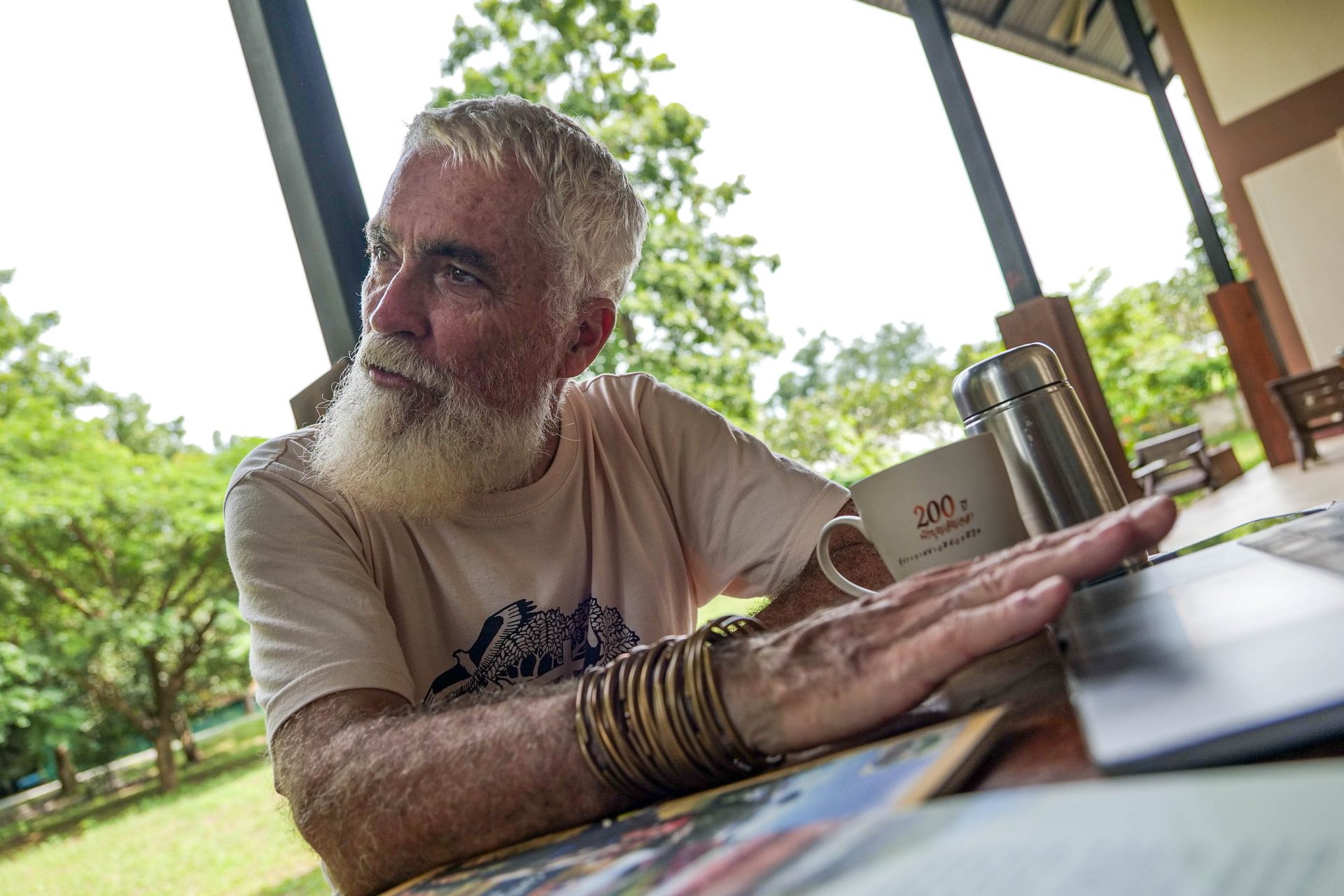We all have a story to tell for it is how we express the meaning of our lives. Traditionally in communities, storytelling is a point of gathering during events.
People share stories by way of introduction and of welcome, secrets are shared, hopes and sorrows.
Stories are much bigger than the individual; stories unite people and can lead to a common vision.
Stories from the margins are powerful, in that they share an insight into local circumstances and relations without expectation or agenda.
On global platforms where issues and policies are discussed and someone shifts the debate with a local story, the process can shift to one of dialogue in recognition of the integrity of the personal experience.
The latest stories from Bendum are from the summer times, of what the students did, reflections of the teachers, their families, and what they strive for in the community.
All build community, relations, and aspirations, and are shared with our broader community through Bendum News (the latest issue of which covers the summer period from April to June 2023).
Alma Lumista and Mercy Pakiwag’s stories highlight how the Pulangiyēn community nurtures the spiritual relationship with Creation in daily life as they journey in search of a good life.
Mercy’s Bendum House is an inspiration to others in the community to adopt secure and sustainable housing solutions.
Youth participants in the Apu Palamguwan Cultural Education Center – Forest Farm and Leadership in the Margins (APC-FFLM) summer program share their experiences and growth in painting, computer skills, and leadership.
Aijean, Jose, Reniel, and Eneriza express gratitude for the learning opportunities and their desire to apply the knowledge and principles to themselves, their families, and their communities.
They encourage fellow youth to continue pursuing their dreams despite the challenges and difficulties.
We need to take these stories with an open mind, embrace their message, and allow them to touch our own life narratives.
Through common experiences and empathizing with others, we can make connections and support one another in our shared hopes and efforts.
Let these stories serve as a reminder of the strength that lies within each of us. By listening to and valuing the stories of others, we foster understanding, compassion, and collective action.
Fr. Pedro Walpole, S.J. works in sustainable environment and community land management in Southeast Asia, with mainly local communities, universities, international organizations, and governments. He practices a people-focused approach to capacity building and seeks to promote more lasting partnerships through research, consultation, and policy building to support local populations and governments. He is the Global Coordinator for Ecojesuit, Research Director for the Environmental Science for Social Change, and the Coordinator for the River Above Asia Oceania Ecclesial Network.
Pedro also directs the Apu Palamguwan Cultural Education Center, an upland basic education program and technical training for indigenous children in northern Mindanao that has its own culture-based curriculum and promotes multi-language education and the use of the mother tongue. He continues to live with the Pulangiyēn, an upland indigenous community in Mindanao.
